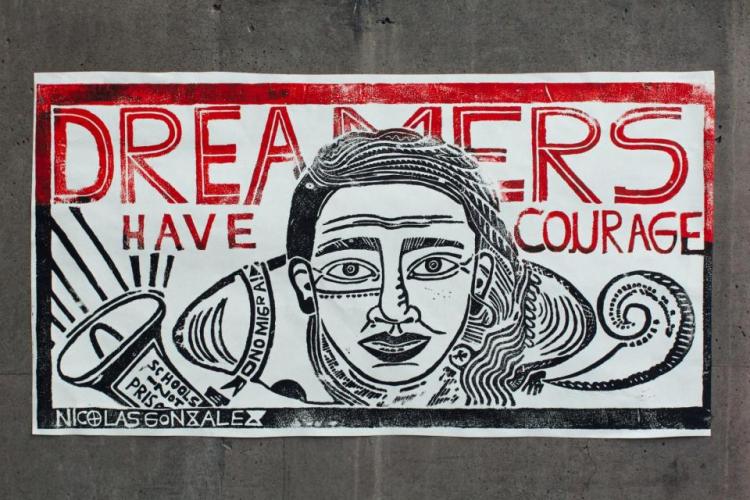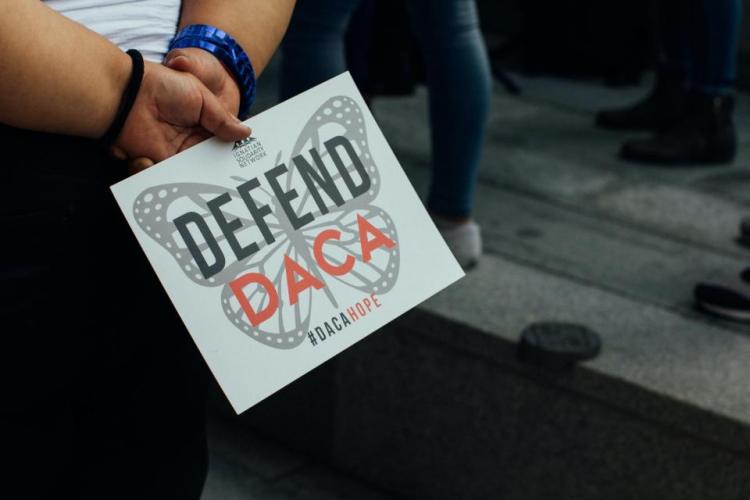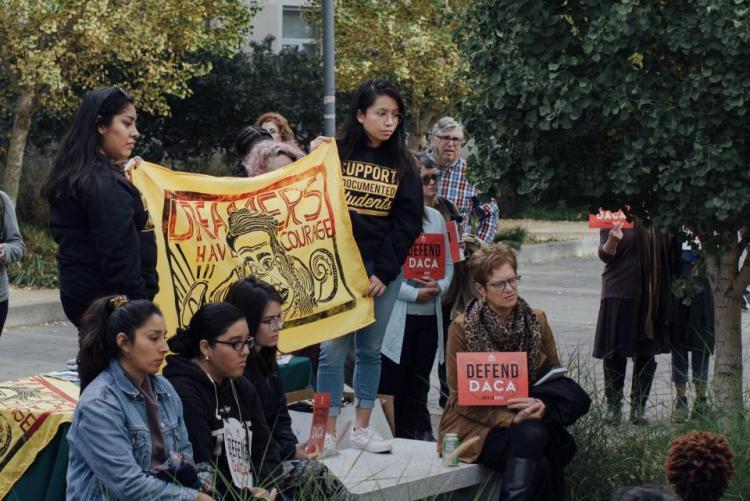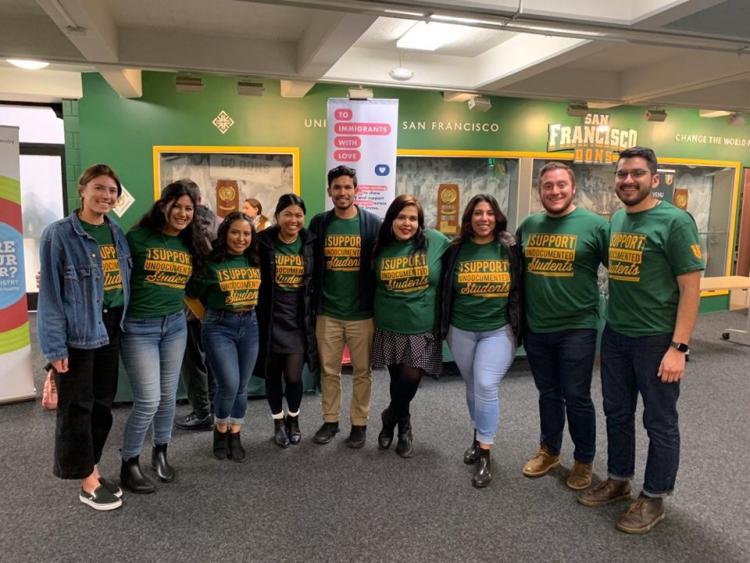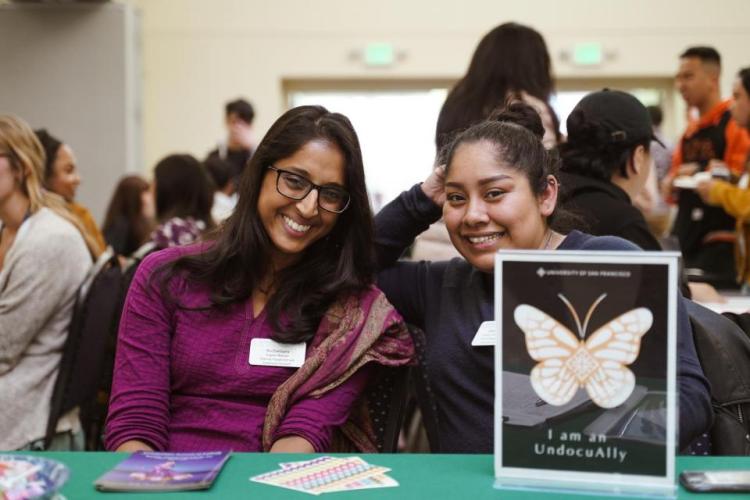Undocumented Student Support & Resources
Welcome to the University of San Francisco's resources page for Undocumented and DACAmented students! On this page, you will find various resources and information to use as you navigate your time at USF. Students who have questions can feel free to contact any member of the Working Group to Support Undocumented Students. Contact information can be found on the working group's Contact Us webpage.
